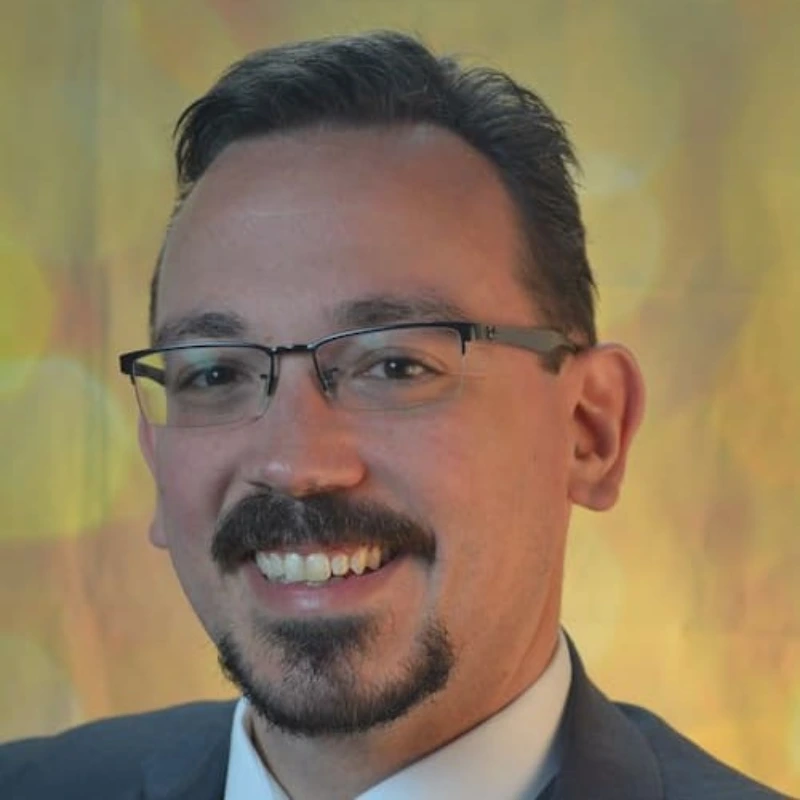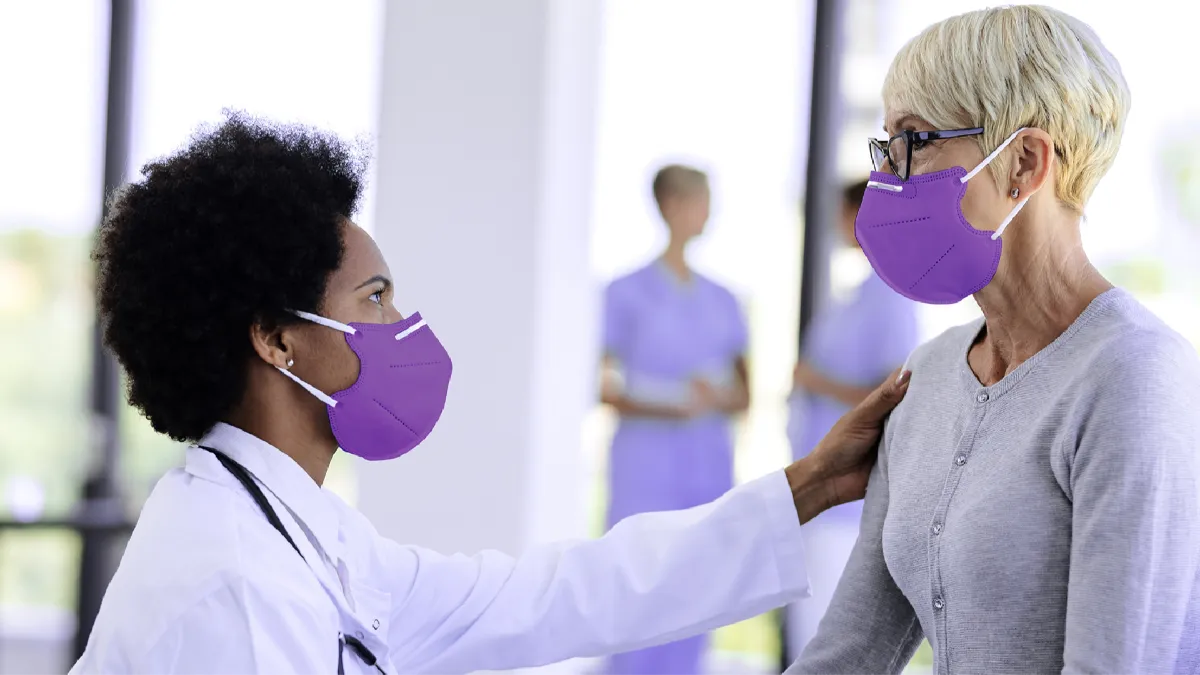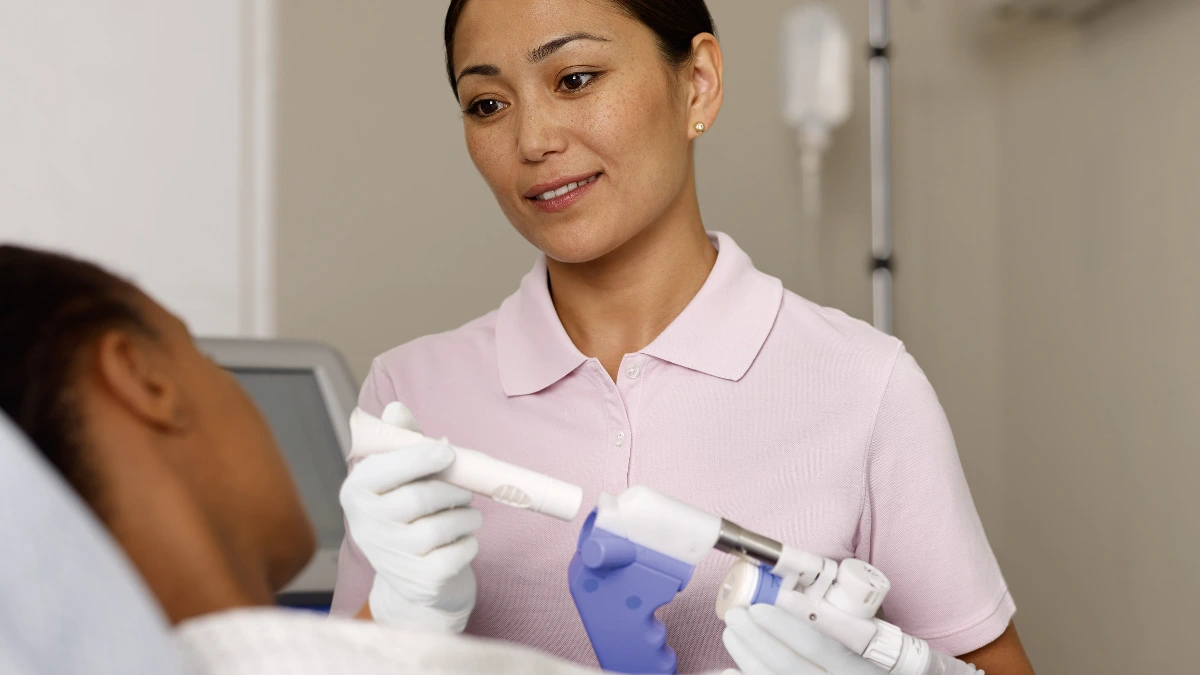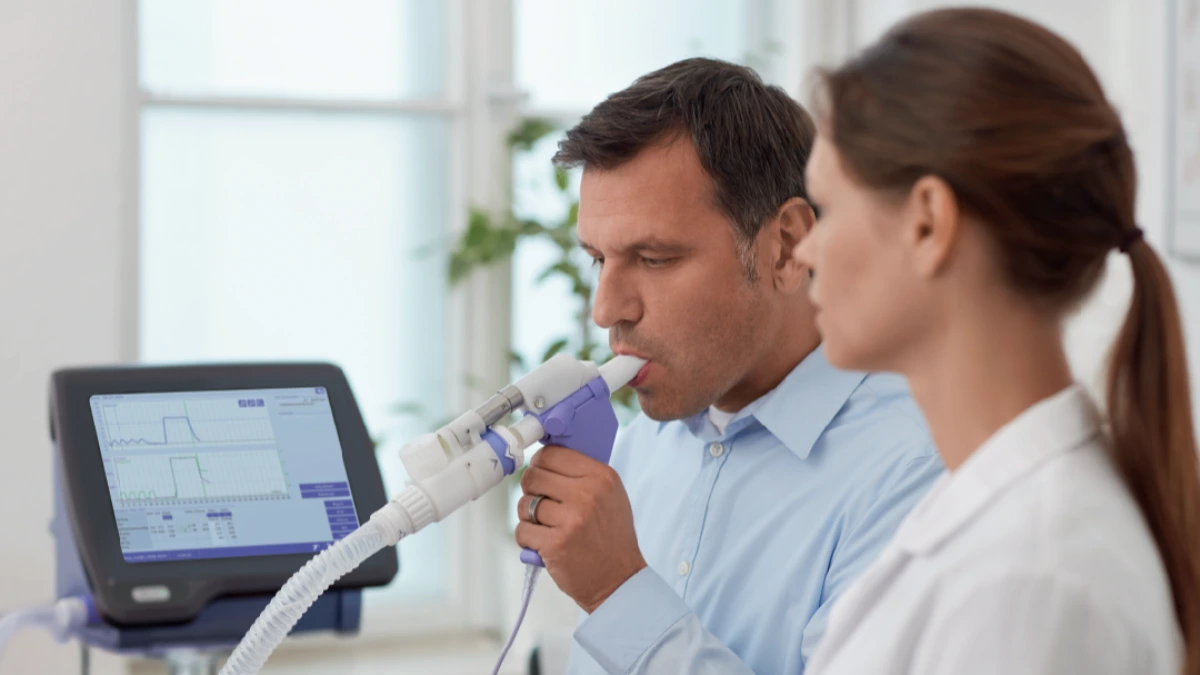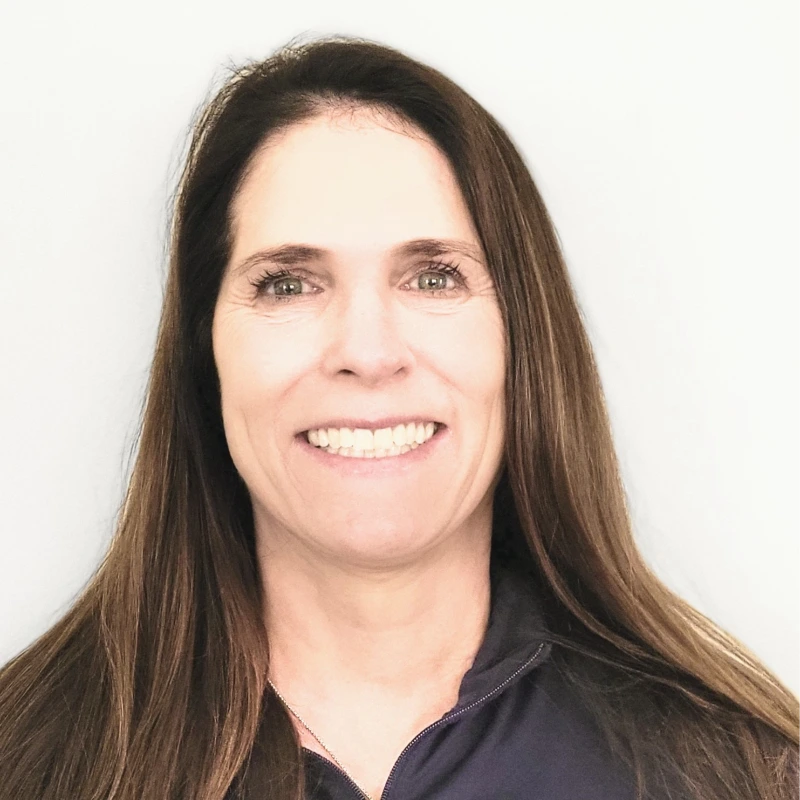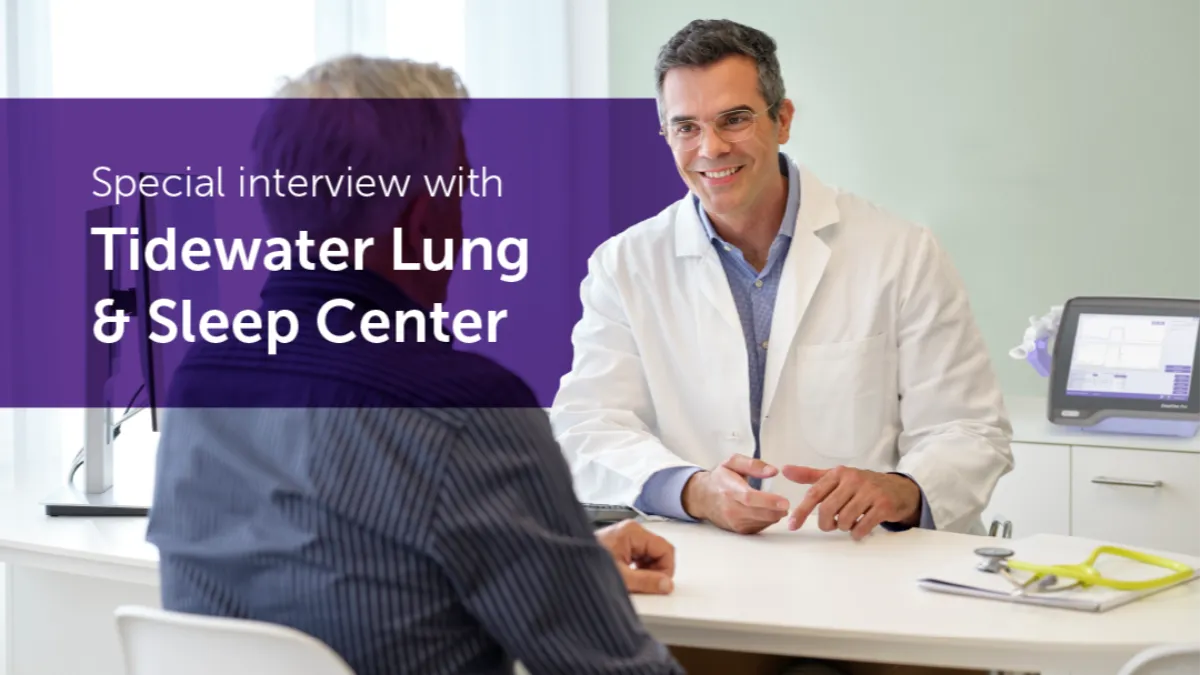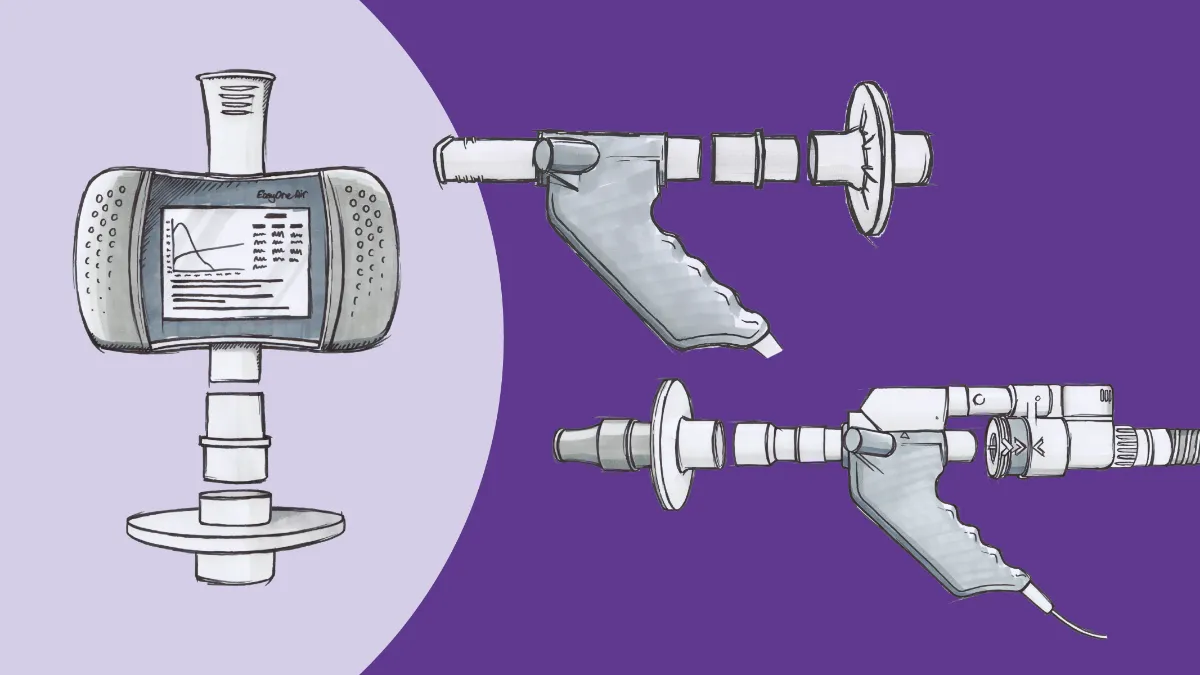Benefits of point of care PFT in Rural Health
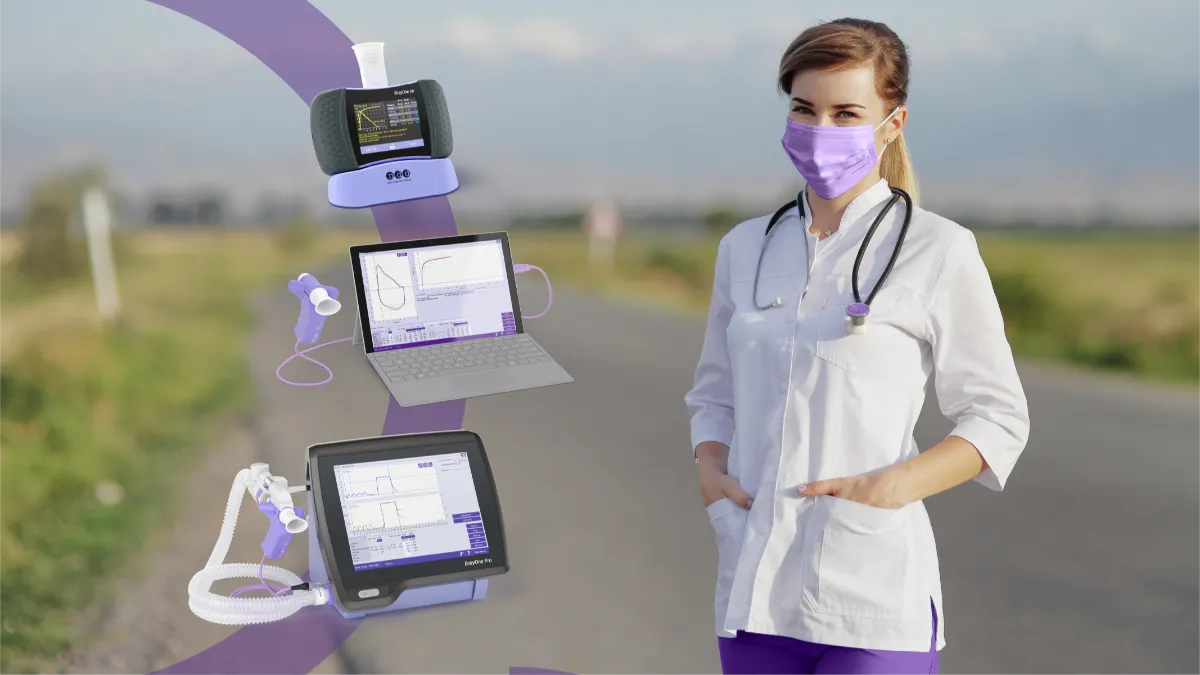
There’s an island in northern Lake Michigan called Beaver Island. It sits roughly 30 miles offshore of Michigan’s Lower Peninsula, part of an archipelago of other whimsically named islands (including Whiskey, Hog, Garden, and Hat). Roughly 500 hardy souls call Beaver Island home year-round, and the two townships that occupy the land support a small but stable economy that embodies the archetype of Rural America.
Just outside St. James, the village that serves as the center of commerce and culture for the island, sits the Beaver Island Rural Health Center. The BIRHC serves as a combination primary care practice and urgent care clinic for residents and Islanders alike. There is a solid philanthropic spirit running through the island, so the facility is reasonably well-equipped considering the austerity of the setting; there’s an X-ray suite, state-of-the-art dental equipment, even a noninvasive ventilator (just in case).
There are some unique challenges that come along with providing care when you’re on an island; transportation, for example. It’s too far to reasonably build a bridge across the unpredictable waters of Lake Michigan, so the only way on or off the island is by the automobile ferry or one of the two private airlines. That may not seem like a big deal, until you’re ordering bloodwork on a patient, the flights are fogged in, and the last ferry has left for the day. Vice versa, if you need antibiotics or other urgent medications, the electronic prescriptions have to get to the mainland pharmacies before the airline courier stops by to pick up the freight. And, of course, anyone needing anything beyond primary care, dental work, or the visiting podiatrist that flies in every few months needs to buy a ticket across (and hope the weather holds that day).
Access to the right PFT #
At this point, you might be wondering what any of this has to do with pulmonary function testing, but think about this from a patient perspective. You’ve been dealing with some shortness of breath for a few months and now your cough is picking up in intensity. You talk to your primary care provider about it, test negative for COVID-19, and they order you an inhaler in an effort to save you money on plane tickets. Unfortunately, that doesn’t work, so now they want you to see a pulmonologist. You take the day off work, fly over the mainland, drive a half-hour or so to the pulmonology office only to find out they want you to do a pulmonary function test. The PFT lab is backed up for a couple of months, so you’re going to have to come back. You’ll have to take another day off work (maybe two, depending on whether you can align both the PFT and pulmonology schedules), buy more plane tickets, use more gas. You really start to wish that the clinic on the island had some PFT equipment on-site so that you could get these answers right away, instead of losing more months (in addition to spending all that money).
Small town blues #
This may seem like an extreme example, and certainly the vast majority of people in the United States don’t live on islands. However, roughly 20% of Americans (which means about 60 million citizens) live in areas of the country defined by the US Census Bureau as ‘rural’ (based on population density and other factors).1 That means in many cases, people find themselves on de facto islands, separated from specialists and other secondary care options not by water, but simply by distance. For example, one study found that only 34.5% of Americans living in rural areas had access to a pulmonologist within 10 miles of their home, compared with 97.5% of those living in more urban areas.2 A similar study described the same lack of access to imaging services, finding that 77.8% of patients eligible for lung cancer screening had to drive more than 30 minutes to find a screening center.3
Unfortunately, that’s not the only bad news for rural residents living with lung problems. Data from the SPIROMICS longitudinal study found that this population was at statistically significant risk for COPD exacerbations in a way that wasn’t explained by environmental or occupational exposures related to agriculture, a common occupational field in rural settings.4 Further studies have not only confirmed that exacerbation risk, but also found significantly greater prevalence.5 This was a surprising finding considering that air pollution associated with urban areas (automobile exhaust, factories, etc.) is increasingly accepted as a potential risk factor for COPD but is rarely found out ‘in the country.’ Researchers have generally attributed this disparity to smoke from biomass fuels (often used for heating and cooking in rural settings) or things like differences in tobacco smoking rates. That certainly could explain the higher prevalence but may not fully account for the greater morbidity.
Make your clinic an island unto itself #
There are certainly ways to improve access whether you’re on an actual island or a metaphorical one. The easiest way to overcome the issue of access to testing is to simply do it yourself. Spirometry is a key diagnostic standard to rule in (or out) a variety of respiratory conditions, especially COPD. Spirometry can also be helpful to start trimming down a list of differential diagnoses, being able to indicate potential problems in the upper airway (such as vocal cord dysfunction) and highlight restrictive patterns that can indicate disease conditions like pulmonary fibrosis. More importantly, modern units like the EasyOne Air can be easily integrated into workflows in any setting, including primary care. The TrueFlow™ technology built into every EasyOne device allows you to have confidence in the accuracy of these devices without adding cumbersome calibration routines to the mix, allowing your staff to focus on patient care. Immediate feedback using evidence-based criteria ensure that the data generated from these tests are as accurate as possible, making your clinical decision-making that much easier.
Even more advanced pulmonary function testing is now well within reach of the rural practitioner. Devices like the EasyOne Pro LAB bring diffusion capacity (DLCO) and lung volume evaluation to many testing environments. Similar to their smaller spirometric siblings, EasyOne Pro models are user-friendly and reliable, with TrueCheck™ technology ensuring accurate gas delivery and effortless measurements. DLCO and lung volumes add a great deal of context to basic spirometry, meaning you can manage even relatively complex cases (such as cystic fibrosis, interstitial lung disease or long-COVID) on-site, without forcing your patients to drive hours to the nearest PFT lab. These tests also give you additional context for the management of COPD, heart conditions, and a variety of other chronic issues that would otherwise take your patients away from their homes and families on a regular basis. Plus, the entire EasyOne line is built to integrate with electronic medical records and other digital tools, making it much easier to manage remote consults and other telemedicine services. Instead of casting your patients off your island, you can bring the entire clinical world to your office.
One stop PFT diagnosis #
I was fortunate enough to volunteer at the clinic on Beaver Island for a year, and even more fortunate to be able to bring a spirometer with me. I saw first-hand the power that accurate diagnostic testing could provide to people who would otherwise not have the time or resources to travel to established laboratories. Using spirometry data, we were able to get people optimized on medication regimens, convince them to sign up for online exercise programs as a substitute for pulmonary rehabilitation, and in a few cases even to get them to cut down on smoking. Having the right tools in your clinic can empower you do to the same thing for your patients. Whether you’re in the middle of Lake Michigan, the middle of the Nebraska prairie, or the middle of a Maine forest, point-of-care PFT equipment brings big-city tech home to you.
Ratcliffe M, Burd C, Holder K, Fields A. Defining Rural at the U.S. Censusu Bureau. US Censusu Bur. 2016;(December):1-8. Accessed December 15, 2021. http://www2.census.gov ↩︎
Croft JB, Lu H, Zhang X, Holt JB. Geographic Accessibility of Pulmonologists for Adults With COPD: United States, 2013. Chest. 2016;150(3):544-553. doi:10.1016/j.chest.2016.05.014 ↩︎
Nick Klenske. Rural Radiology Equity. Published 2021. Accessed December 15, 2021. https://www.rsna.org/news/2021/june/Rural Radiology Equity ↩︎
Burkes RM, Gassett AJ, Ceppe AS, et al. Rural residence and chronic obstructive pulmonary disease exacerbations: Analysis of the SPIROMICS cohort. Ann Am Thorac Soc. 2018;15(7):808-815. doi:10.1513/AnnalsATS.201710-837OC ↩︎
Raju S, Brigham EP, Paulin LM, et al. The burden of rural chronic obstructive pulmonary disease: Analyses from the National Health and Nutrition Examination survey. Am J Respir Crit Care Med. 2020;201(4):488-491. doi:10.1164/rccm.201906-1128LE ↩︎

